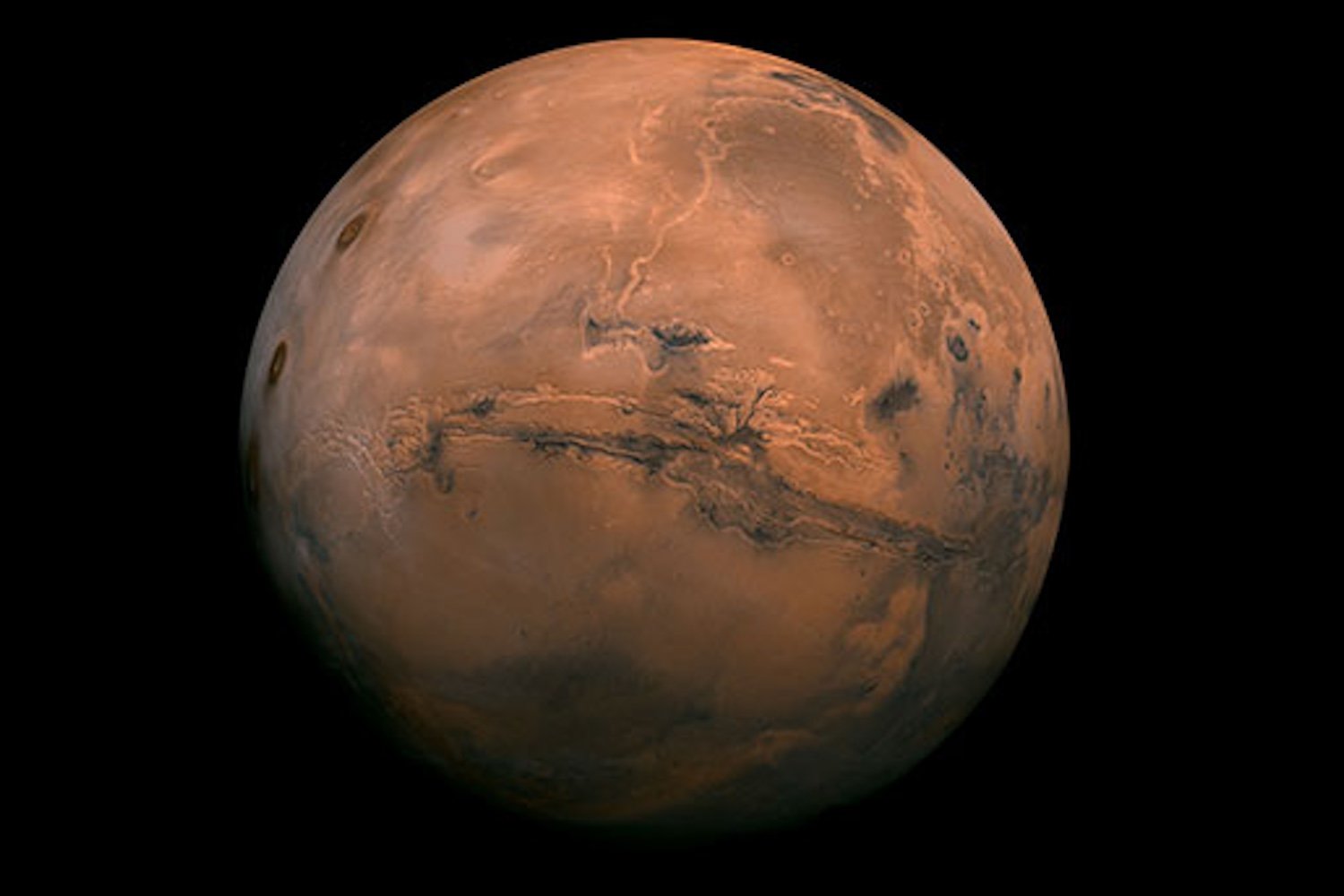Everything uses kde these days
KDE?
KDE is an organization that makes a desktop environment and associated apps. The DE is called Plasma, but was initially called KDE and many still call it that. I think the joke is that since the rocket uses actual plasma and KDE is popular lately, they’re saying the rocket uses KDE Plasma.
Google?
so then have fun and take the elong with you
To go there in 30 days you’d need to disregard any orbital mechanics and just burn straight there. This would require an extraordinary amount of energy. Also surely making plasma from an electrical current must require, again, an extraordinary amount of energy. Also the faster you accelerate the more fuel you need to expend to DE-cellerate when you get there.
I dunno man, seems like bullshit. I’m no rocket scientist, obvs. But at a gut-feel level, this seems way off.
You could always flip and burn.
Not to mention, if you accelerate your spacecraft to a speed faster than the minimum speed needed to raise your orbit as far as mars, you’re going to have to slow down by the difference between your speed and that min speed when you go for a landing anyways.
The pace of the orbits alone decides how quickly your spacecraft will get there.
Ok. And? Even if they don’t have an appropriate power source yet, still cool to have built the engine.
I’m not believing that. The shortest distance between Earth and Mars is 35.8M mi (57.6M km). The average speed would need to be ~50k mph (80 kph). Top speed would need to be much higher to account for acceleration and deceleration. That would also mean we’d need enough fuel for constant acceleration the whole trip.
Even then, that’s considering a perfect straight line if both planets are going the same speed and have no gravity. But, orbital flight doesn’t work like that. First, we’d have to leave the Earth’s gravity well. Then, float along between the two while orbiting the Sun in an arc, which would make the distance longer since it’s not a straight line (see image below). Once at Mars, we’d need to decelerate (accelerate in the opposite direction) much more than on Earth because of Mars lower gravity meaning slower orbital speed.
Also, Russia can’t tell the truth. It’s part of their psyops. Always lying teaches people that truth is whatever they say, not objective reality.

I remember reading about this in Popular Science when I was younger
Yeah, isn’t this just a Russian version of the VASIMR engine?
Does it run on putin’s farts?
Those farts are exclusively bottled for the orange fascist in the white house, to take a sniff whenever he has the need to feel close to daddy Putin
How do you delete other users posts?
The only actual metric they quoted is exhaust speed? Really? BS detector is ringing
The only actual metric they quoted is exhaust speed?
Not saying we shouldn’t be skeptical, but isn’t that the most important metric? A crazy-high exhaust velocity is how you get an engine with crazy-high specific impulse.
Fuel type, specific impulse, thrust, power consumption, engine mass and volume…
I would argue that fuel consumption would be quite important, same with power usage.
Edit: and also exhaust mass. If it’s 1g of mass exhausted then it’s a moot point.
The article says 30-60 days.
So possibly twice as long as the first estimate. Bit of a difference there.
You do realize Mars and Earth do not orbit the sun at the same rate? When the ship launches will affect the distance to travel.
I suppose so, but the expected flight time currently is 9 to 15 months - so this is an incredible achievement if true.
What an absolutely fucking fascinating coincidence.
Survival not guaranteed.
This is true to cosmonauts well before they get anywhere near spacecraft
Get Musk to test it himself.
Probably just trying to sell something to Elon in this new age of cooperation between Russia and USA to subjugate the rest of the world.
Who wants to do the math on how many Gs the acceleration would create?
Probably not much. Electric propulsion is usally pretty low thrust.
I meant for their theoretical 30 day trip.
This post is clearly being brigaded by anti-Russia accounts. Space fans wouldn’t be so obsessive in their nationalism that they forget Russia’s space capabilities.
The average velocity across the entire trip would have to be several hundred km/s. Average. Peak velocity would have to be a lot higher, to account for acceleration and deceleration. They’re claiming to have built a torch drive that beats the thrust power of all other (currently existing or in early development) propulsion methods by an order of magnitude. Extraordinary claims require extraordinary evidence.
Yes, they should show not tell. But this wouldn’t be Russia’s first space travel breakthrough by a long shot. I wouldn’t jump to disbelief so readily.










